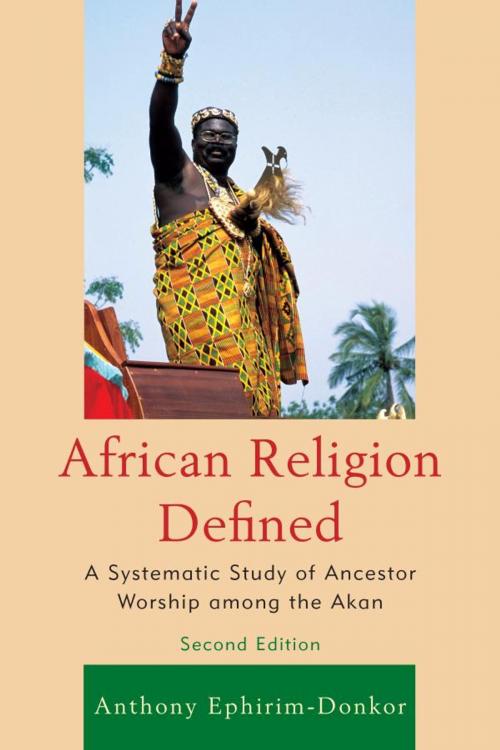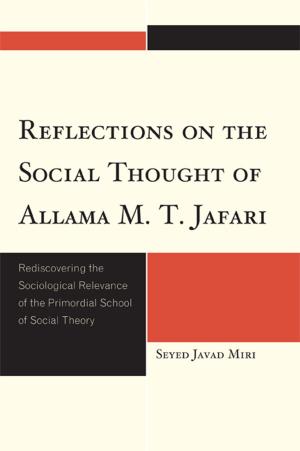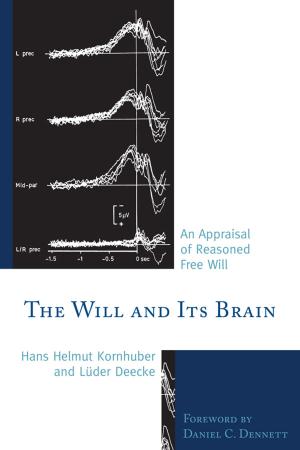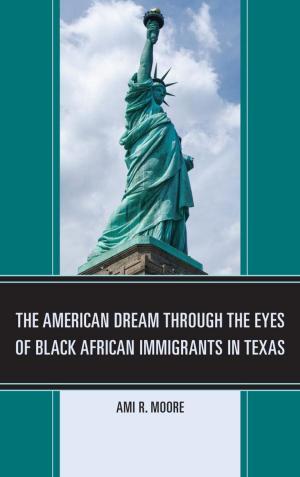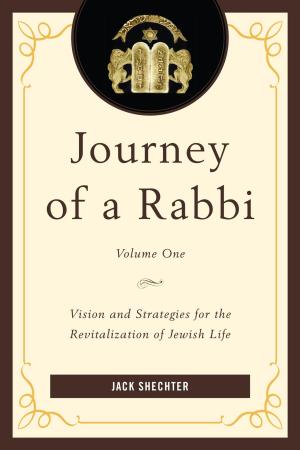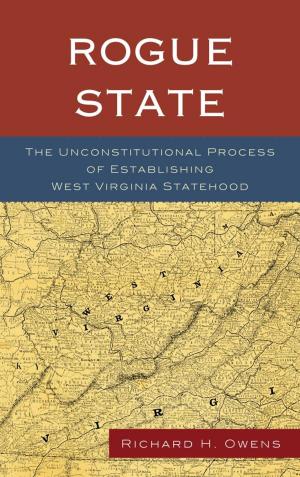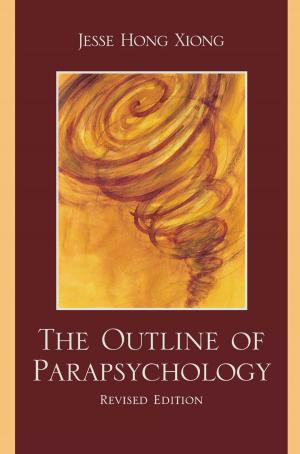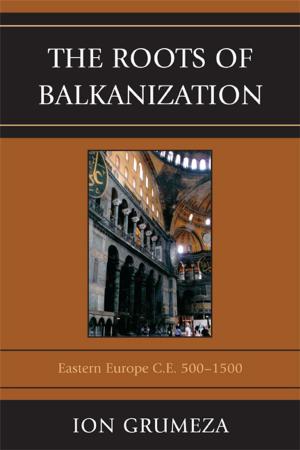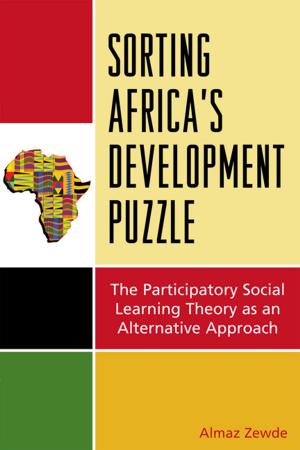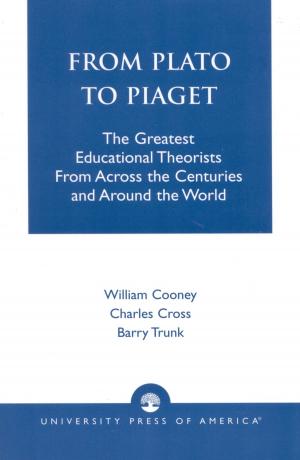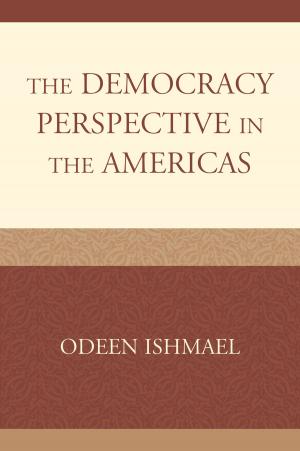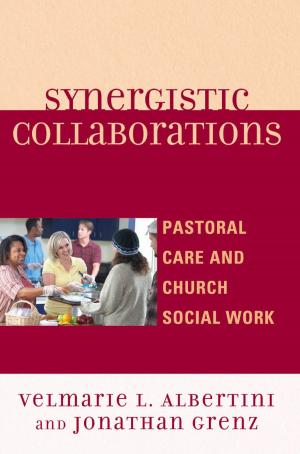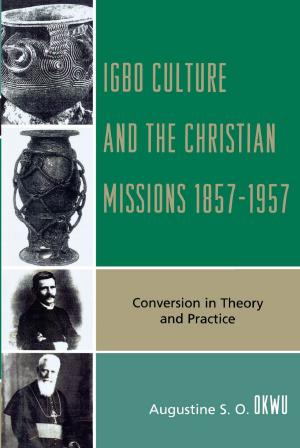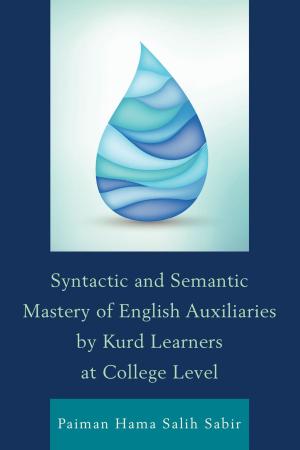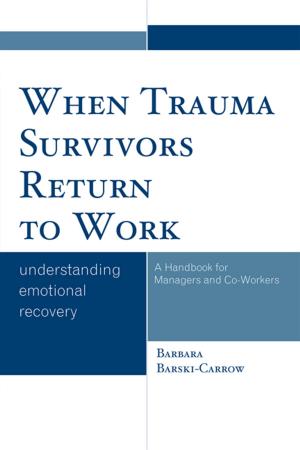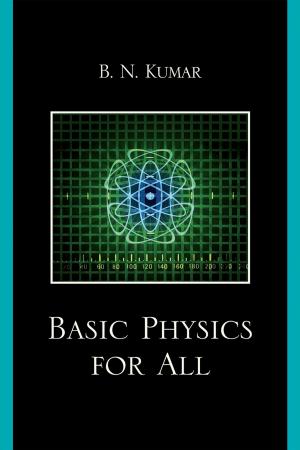African Religion Defined
A Systematic Study of Ancestor Worship among the Akan
Nonfiction, Religion & Spirituality, Other Practices, Ethnic & Tribal, History, Africa, Theology| Author: | Anthony Ephirim-Donkor | ISBN: | 9780761860587 |
| Publisher: | UPA | Publication: | December 7, 2012 |
| Imprint: | UPA | Language: | English |
| Author: | Anthony Ephirim-Donkor |
| ISBN: | 9780761860587 |
| Publisher: | UPA |
| Publication: | December 7, 2012 |
| Imprint: | UPA |
| Language: | English |
African religion is ancestor worship; it revolves around the dead, now thought to be alive and well in heaven (the Samanadzie) and propitiated by the living on earth. For the Akan, the ancestors’ stool is the emblem of the ancestors (Nananom Nsamanfo). Led by their kings and queen mothers as living ancestors, the Akan periodically propitiate the ancestors’ stools housing their ancestors. In return, the ancestors and deities influence the affairs of living descendants, making ancestor worship as tenably viable as any other religion.
This second edition updates the scholarship on ancestor worship by demonstrating the centrality of the ancestors’ stool as the ultimate religious symbol. In addition, all chapters have been expanded. A new chapter has been added to show how ancestor worship is pragmatically integrative, theologically sound, teleological as well as soteriological, with a highly trained clerical body and elders as mediators.
African religion is ancestor worship; it revolves around the dead, now thought to be alive and well in heaven (the Samanadzie) and propitiated by the living on earth. For the Akan, the ancestors’ stool is the emblem of the ancestors (Nananom Nsamanfo). Led by their kings and queen mothers as living ancestors, the Akan periodically propitiate the ancestors’ stools housing their ancestors. In return, the ancestors and deities influence the affairs of living descendants, making ancestor worship as tenably viable as any other religion.
This second edition updates the scholarship on ancestor worship by demonstrating the centrality of the ancestors’ stool as the ultimate religious symbol. In addition, all chapters have been expanded. A new chapter has been added to show how ancestor worship is pragmatically integrative, theologically sound, teleological as well as soteriological, with a highly trained clerical body and elders as mediators.
